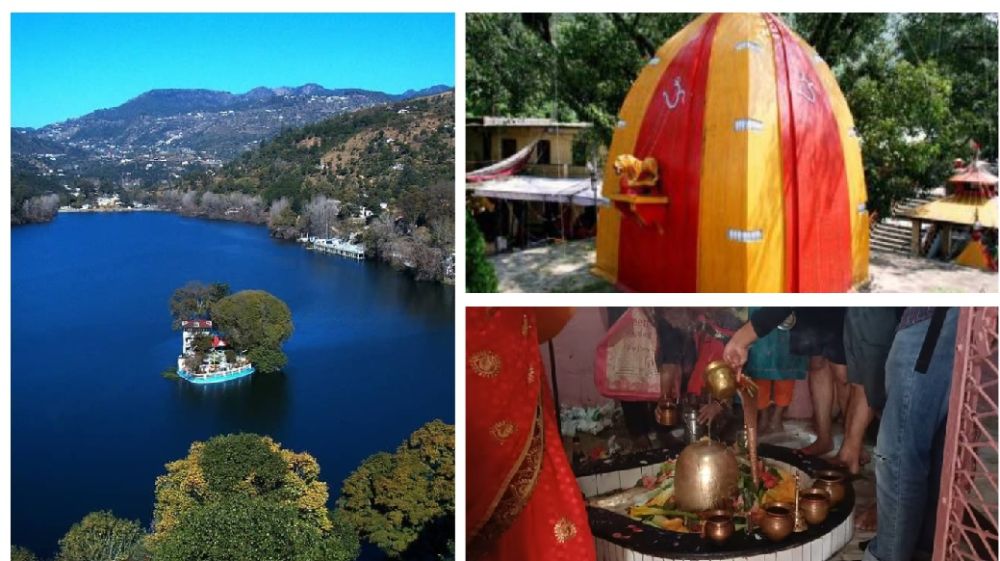

The quaint town of Bhimtal, nestled in the Himalayan foothills of Uttarakhand, India, has long captured the hearts of pilgrims and travelers alike with its natural beauty and rich cultural tapestry. Central to Bhimtal's spiritual landscape is the Bhimeshwar Mahadev Temple, a place deeply interwoven with legend and devotion. As you delve into Bhimtal's tourism history, the temple stands out as not only a spiritual haven but also a cornerstone in the development of the town's cultural identity.
According to local lore, the Bhimeshwar Mahadev Temple gets its name from Bhima, one of the five Pandava brothers of the epic Mahabharata. It is believed that during their exile, Bhima visited the region and, feeling the divine connection, erected a temple for Lord Shiva, which has been revered since ancient times. This historic association has been pivotal in attracting devotees throughout the centuries.
With parts of the temple said to date back to the 17th century, it stands as a testament to the enduring faith of the people. Over time, renovations and restorations have preserved the site, ensuring its continuation as a place of worship and community gathering.
The appeal of the Bhimeshwar Mahadev Temple has traditionally relied on its spiritual allure. However, in the past few decades, the government and local bodies have recognized the potential synergy between spirituality and tourism. Efforts have been made to develop infrastructure and facilities that cater to the needs of the growing number of visitors.
With the rise in eco-spiritual tourism, Bhimtal and its iconic temple have seen an increasing number of tourists seeking a blend of natural beauty and spiritual solace. The serene setting of the temple by the banks of the Bhimtal Lake adds to its attraction, offering peace to both the soul and the senses.
The latest trend in tourism around Bhimeshwar Mahadev Temple involves immersive cultural experiences. Visitors are keen to partake in local customs and festivities, particularly during the auspicious occasions of Shivaratri and the annual Bhimtal Mahotsav. The temple becomes a focal point during these celebrations, showcasing rituals, dance, and music unique to the region.
Adventure tourism has also linked arms with the spiritual journey. Many travelers combine their temple visits with trekking, bird watching, and other nature-based activities in the surrounding areas. This combination of divine and natural exploration has emerged as a popular trend among tourists.
Moreover, the growth of homestays and guesthouses in the vicinity of Bhimeshwar Mahadev Temple has allowed for deeper cultural immersion, with visitors opting to stay with local families and experience the region's hospitality and way of life.
The future of tourism at Bhimeshwar Mahadev Temple looks promising with a sustained focus on preserving the sanctity of the place while embracing sustainable tourism practices. The goal remains to provide a holistic experience that honors the heritage of Bhimtal and the spiritual grace of its ancient temple.
As Bhimtal continues to evolve as a key destination on Uttarakhand's tourist map, the Bhimeshwar Mahadev Temple stands proud, bridging the past and the present, inviting travelers to discover its transcendent beauty and enduring spirit.